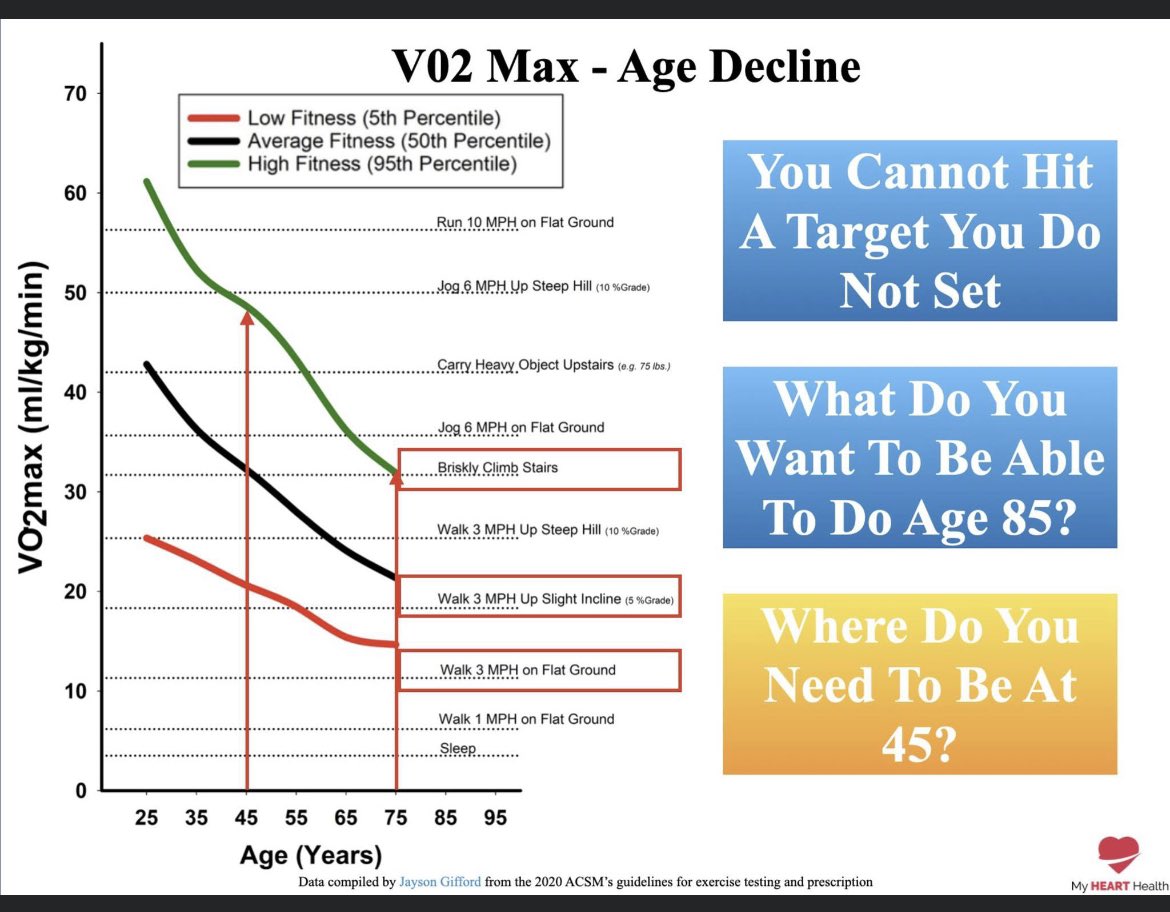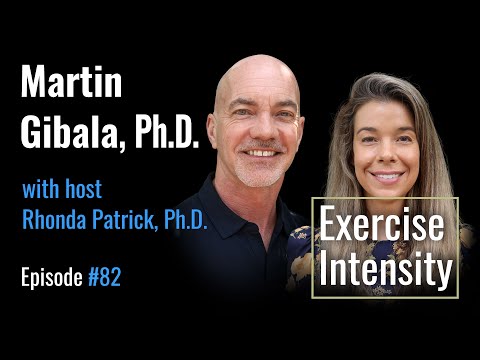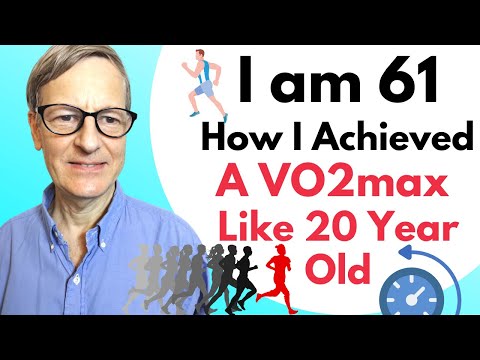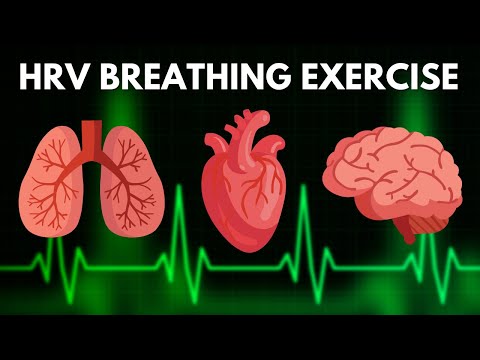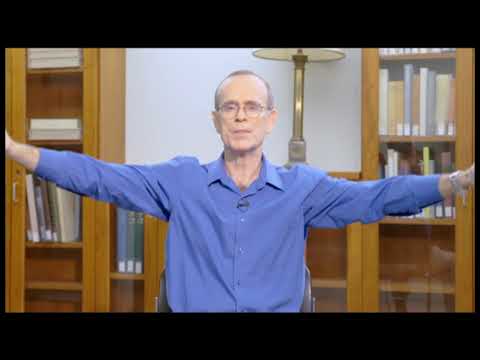That’s pretty scary for people like me who spend hours per week doing strength training with the understanding it’s improving health, only to see that it may actually be decreasing my life span. The recent studies showing possible increased coronary calcium from strength training could provide a physiologic mechanism. However, I’m still skeptical based on all the limitations mentioned in the full paper (observational studies based on self-reports, etc etc). The results could be skewed by (for instance) anabolic steroid users who spend many hours in the gym and also presumably have decreased life expectancy.
I guess I can justify the larger percentage of the upper percentile gym exercisers dying of cardiovascular events (heart attack, stroke, etc). It may be a simple crossing of two risk curves: “deterioration” vs “stress/hormesis”. If you just sit around on your couch, you will slowly wither away and die, but slowly. When I work out at the gym, my heart rate and blood pressure is substantially raised. Sure, my body compensates for this by building stronger systems, but then the next time I’m in the gym I stress it more again. Does this stress eventually kill me faster than withering and dying? — that’s a fun rates question with a lot of input assumptions.
I was very surprised cancer impacts higher-percentile exercisers more than median exercisers.
I wonder if your suggestion of “unhealthy exercisers” is correct. Seems more likely than highly metabolically fit people dying more often of cancer. And I’d also argue healthy cardiovascular system would promote more longevity than withering away: seems like the study could be suspect.
Just to see if I understand this correctly…
You can train or do moderate exercise without limits (walking, yoga etc.) where your heart rate is below 60% of max.
If your heart rate goes above 70% of your max the training should be limited to 40-150 minutes a week (HIIT, jogging, running, weightlifting, hiking, cycling etc.)
“Zone 2” training is considered training in 60-70% of your max. HR. Where does that fit?
Would bodyweight strength training be in the limit of 40-150 minutes? Could strenuous yoga training be considered as strength training? What would be the decisive factor? HR?
This is great information. I think it is important to remember that there is more to being mobile at 80 than strength and VO2Max. Our bodies are great at building physical skills, in fact the more we think about a physical skill the worse we perform and the slower we learn. But we also are great at forgetting how to do things we don’t need…as indicated by not using. So we cannot just go to the gym to lift weights and run on a treadmill. We shouldn’t just add in mobility drills, and balance drills, etc. We should do physical activities that require these skills. Walking on uneven ground, walking backwards, playing pickleball for responding to unexpected shots and using hand-eye coordination. This is the advice of Dr. Scott Grafton of Physical Intelligence (the book) fame who was a guest on my podcast recently.
I’ve always found it tough to fit resistance training into the cardio bucket, but I’ve heard @ConquerAging say he uses a resistance training circuit approach without rests to keep his HR up for >60 minutes. Perhaps there is a way to combine them to save time.
Ever since listening to Attia’s book and the emphasis he places on maintaining high VO2 max, I’ve wondered why he isn’t pursuing known PEDs for longevity. If something like EPO can keep an elderly person’s VO2 max above the threshold he identified for good activity (I recall something like 20 mL/kg/min), why not use it to keep a person going for a few more years? It looks like there could be increased risk of heart issues, but it would seem possible to use much lower doses than athletes that dope, and possibly balance the cardio risks out with a blood thinner like Xarelto (rivaroxaban).
WADA explains that EPO thickens the blood, which “leads to an increased risk of several deadly diseases, such as heart disease, stroke, and cerebral or pulmonary embolism.” Athletes who misuse recombinant human EPO are also at risk of serious autoimmune diseases.
I do body by science, which is a once a week program
the problem for me is this https://www.issaonline.com/blog/post/can-ginger-help-with-exercise-recovery#:~:text=It%20was%20as%20if%20the,which%20means%20it%20has%20limitations.
it seems in some cases dietary anti oxidants do not go with exercise
I take substances like high gingerol ginger for health as well. in a lot of people’s stacks are there dietary anti oxidants which may or may not have synergy with exercise (though I am not an expert at all on this.) ?
so I have a once a week training program when I dont supplement, this may not be working the best though
Oddly, older people tend to have elevated levels of erythropoetin. They’re modestly resistant to it for some reason.
EPO has many minor effects, but is mostly known for stimulating red blood cell production. Oxygen transport is performance limiting in athletes at higher exertion levels, does the same hold for elderly people in normal activities?
OK, so this is going to be my year for increasing my Vo2 max. I’ve just gotten a new Coros Apex 2 watch that can track Vo2Max with reasonably good accuracy. COROS APEX 2/2 Pro GPS Outdoor Watch
For those who are experienced in this area and track their VO2 Max, what is the dose/response relationship of exercise (e.g. HIIT) and increase in Vo2Max over time? What is the most a person might reasonably expect to increase his or her Vo2 Max over a year of training?
@Joseph_Lavelle , @midage_runner , @Maveric78
It sounds like Richard managed to increase his by 10 to 15 mL/kg/min.
No, @LaraPo, it is not enough. Walking and “moderate” swimming is only a little better than sleeping all day. You have to do HIIT. That’s going all-out in both intensity and frequency.
I’m a retired firefighter who was a member of their stair-climbing team. Every year, we’d do the Hancock, the Aon, and the Sears Tower. Fortunately, I live in a 20-story building, so I was always training. I’m 75 now and still do 100 flights a day.
Wow - 100 flights a day, very impressive! Keep it up. Any idea what your Vo2 max is?
You make a very interesting point… Have you looked at this in-depth at all? I’m specifically wondering if something like EPO might allow me to increase my VO2 max faster than otherwise? I.e. increase my fitness levels faster than otherwise. I wonder if it might be dosed at lower or periodic dosing schedules to help increase fitness levels faster, without the downside risks that have been identified with higher or chronic dosing?
Your source mentions this:
EPO has been shown to increase performance parameters such as maximal oxygen consumption (VO2max) and time to exhaustion, which is why it’s commonly abused in endurance sports.
Does EPO have any negative health effects?
EPO has significant clinical utility and therapeutic benefit when used appropriately, but its misuse to gain a performance benefit can result in serious health consequences. WADA explains that EPO thickens the blood, which “leads to an increased risk of several deadly diseases, such as heart disease, stroke, and cerebral or pulmonary embolism.” Athletes who misuse recombinant human EPO are also at risk of serious autoimmune diseases.
How long can EPO stay in a person’s system?
It depends on many factors, including dose, frequency, route of administration, and type of ESA administered. Some newer generation ESAs are designed to remain active in the blood for weeks rather than days to make it easier for less frequent administration when used by clinically ill patients; thus, the detection window of these substances is much longer.
As is frequently the case… cost isn’t much of an issue (80 rupees to the US$):
I don’t remember the number, but the tech who gave me the test said that he must have made a mistake because only professional athletes, like players on the Bulls, have a V02 max that high. But back in those days, I was doing 200 flights a night when I didn’t have a shift, and I would often do it in full gear. Even so, there were guys on the job who could smoke me in the stairwell.
vo2max is a good topic but it is complex. Off the top of my head, here are a few points and a few questions regarding VO2 max:
-
vo2max is the highest amount of oxygen that a person can burn in a short period (a few minutes). It is the lower of: the amount of oxygen that can be captured via lungs and delivered via the blood vessels or the amount of oxygen that can be used via muscles (and heart, brain, etc). It is thought that healthy human lung capacity is not the limiter.
-
vo2max can be thought of as a function of maximum heart rate, amount of blood pumped per beat, capillarization to carry blood to / from muscles, maximum lung capacity to capture o2 and dispose of co2, blood / red blood cell volume, amount of mitochondria to use oxygen.
-
some of these attributes can change quickly but others take a long time. The items that improve quickly can also disappear quickly if not used regularly.
-
potential rate of improvement will depend upon the starting point and the max potential vo2max. The lower the current vo2max, the more improvement in fast changers is probably available: blood volume, respiratory muscles, mitochondria in existing muscle cells, etc.
-
I haven’t studied the relationship between vo2max and healthspan/ longevity but i cannot believe that maximizing vo2max is ideal unless everything else is already perfect. Some small regular amount of HIIT is important to stress the system in ways nothing else can, but a lot of HIIT requires a premium in recovery which takes away from time and freshness needed for endurance activities and enjoyment of life.
-
HIIT done to maximum is true suffering. I only do a few minutes per month of maximum HIIT. I can only bring myself to do it when racing on Zwift.
-
does Attia say maximizing vo2max is ideal for healthy longevity?
-
If so, I wonder which components of vo2max drive the effect?
HRV and mitochondria health are my focus at the moment! (Autophagy is a previous one I feel I’ve incorporated enough for now into my lifestyle - fortnightly D&Q and daily Trehalose).
For HRV I’m following breathing exercises. There is strong science behind this approach to increasing HRV. Dr Richard Brown is something of a guru in the field. He has a book and youtube posts:
The Healing Power of the Breath: Simple… by Richard P. Brown (amazon.com)
Who says that it’s not “enough” (beneficial) for a 69 year old? Can you support it with research? Do you believe may be that centenarians do HIIT every day?![]() It normalized my BP and keeps me in a great shape. I do not need HIIT at this age. It can be even dangerous.
It normalized my BP and keeps me in a great shape. I do not need HIIT at this age. It can be even dangerous.

